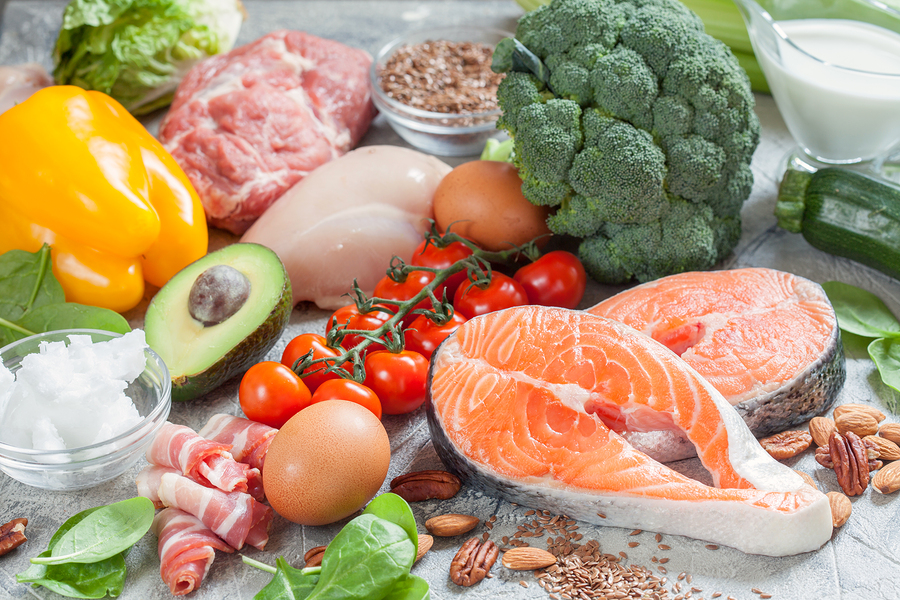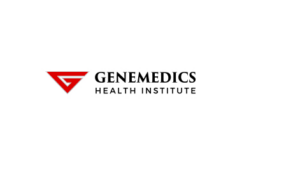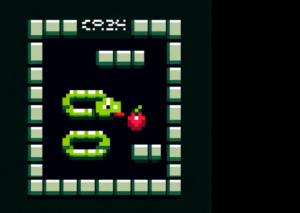7 Foods to Eat During Chemotherapy- 2023

Healthy eating food low carb keto ketogenic diet meal plan protein fat
Cancer is a debilitating condition that affects a person and their family members, physically, emotionally and financially. There are numerous types of cancers that can develop in a person. Depending on the cancer type, location, size, stage and patient’s overall health, a variety of treatment options are available. Chemotherapy is a common method for treatment of various types of cancers. In this treatment, one or a combination of special drugs are used to destroy the cancer cells in the patient’s body. The best chemotherapy hospitals in India are globally recognized medical facilities that cater to domestic as well as international patients. These hospitals have a dedicated chemotherapy unit that offers treatment on an outpatient basis and ensures complete care of the patients.
The usual side effects include nausea, dry mouth, changes in the taste, and fatigue. These can make eating and enjoying food a tough task. But, it’s important to remain healthy and eat a balanced diet during cancer treatment in order to support your body functions. Generally, the experts suggest it is best to include foods that are easy on stomach, mild in flavor, and nutrient-rich.
During chemotherapy, it’s important to maintain a healthy and balanced diet that includes plenty of protein, whole grains, fruits, and vegetables. However, some people may experience side effects such as nausea, vomiting, or mouth sores that can make it difficult to eat. Here are some tips and suggestions for foods to eat during chemotherapy:
- Eat small, frequent meals throughout the day instead of three large meals.
- Choose bland foods that are easy on the stomach, such as crackers, toast, rice, and oatmeal.
- Avoid spicy, greasy, or fried foods, which can cause nausea and discomfort.
- Drink plenty of fluids, such as water, herbal tea, or sports drinks, to stay hydrated.
- Consider eating soft, easy-to-swallow foods like scrambled eggs, mashed potatoes, or smoothies.
- Talk to your doctor or a registered dietitian for personalized recommendations and advice on managing side effects.
Eggs
A common side effect of chemotherapy is fatigue. Eggs can help to fight tiredness as it provide generous supply of protein and fats.
The hard-boil eggs or scramble as a snack for a scrumptious meal. But ensure that the eggs are thoroughly cooked to prevent food poisoning. The eggs cooked to soft, soothing texture are better for people experiencing mouth sores. Eggs help ease fatigue due to protein and fats. Also, it’s easy to eat even if they have mouth sores.
Oatmeal
Oatmeal has a number of nutrients and is easy to eat if the patient having chemo is experiencing symptoms such as mouth sores, dry mouth, and nausea. The fiber in oats also keep the bowel movement regular.
Broth
Chemotherapy usually result changes in taste and it is commonly said that water tastes different. Broth is a great food to help keep them hydrated. The broth consists of simmering of vegetables, herbs, and if desired meat or poultry, and bones in water. It helps you remain hydrated, especially as the water starts tasting differently during the chemo. If you feel you can handle solid food, add veggies or protein.
Almonds and other nuts
During chemotherapy, nuts can make a great snacks as you keep going in and out of the hospital. Nuts such as almonds and cashews are easy to keep handy, and they are rich in ample amounts of protein, vitamins, healthy fats, and minerals.
Pumpkin seeds
Similar to nuts, pumpkin seeds also make great snacks while you go for your appointments. These seeds are rich in fats, protein, and antioxidants to help fight inflammation.
To add a sweet-and-salty twist, make a trail mix by combining pumpkin seeds with other food such as dried cranberries, dried fruits, seeds, and nuts.
Broccoli and other vegetables
Leafy vegetables, including kale, cauliflower, broccoli and cabbage, make an impressive nutritional diet. Steaming or roasting veggies with some olive oil and salt. You can add a squeeze of lemon if you’re experiencing taste changes and as long there is no problem of mouth sores or nausea.
Broccoli contains sulforaphane, a plant based compound that aid in promoting brain health.
Smoothies
Homemade smoothies are a great alternative to solid food if you’re having difficulty in chewing solid food. It helps people get enough nutrients that they are unable to receive form their diet.
Fish
Seafood, particularly fish can be added to die for people undergoing chemo. Eating two servings of fish in a week while you’re on chemotherapy is a good idea. This is mainly because it is in rich in protein and omega-3 fatty acids.
Omega-3s have important health benefits and make up for important fats in diet. They help promote brain health and anti-inflammatory properties. Also, eating food rich in protein and healthy fat, such as fish, can help prevent unhealthy weight loss during the chemotherapy treatment. Particular fishes such as salmon, albacore tuna, mackerel, and sardines as they are high in fats. Fishes like salmon and herring are also rich in vitamin D, which helps in bone health and immunity.
Chemotherapy can cause a variety of side effects, which makes it difficult or unappealing to have food. Loss of appetite is a common problem with this treatment. This can result in further loss of weight or energy as a patient gets treatment.
Particular foods during this time can help improve the person’s health, for instance bland foods if they have mouth sores and wet or creamy textures food if they have dry mouth.
FAQs Foods to Eat During Chemotherapy
Q: What should I eat before chemotherapy?
A: Before chemotherapy, it’s a good idea to eat a small, light meal that is easy to digest. Avoid foods that are spicy, greasy, or high in fat. Instead, choose bland, low-fat foods such as toast, crackers, oatmeal, or fruit.
Q: What should I eat during chemotherapy if I have nausea?
A: If you have nausea during chemotherapy, try eating small, frequent meals throughout the day. Choose bland, easy-to-digest foods such as crackers, toast, rice, and oatmeal. Sip on clear liquids like water or ginger tea and avoid foods that are spicy, greasy, or fried. If your nausea is severe, talk to your healthcare provider about anti-nausea medications.
Q: What should I eat during chemotherapy if I have mouth sores?
A: If you have mouth sores during chemotherapy, choose soft, easy-to-swallow foods that are gentle on your mouth. Try mashed potatoes, scrambled eggs, smoothies, or soup. Avoid acidic, spicy, or crunchy foods, as well as foods that are hot in temperature.
Q: Can I eat raw fruits and vegetables during chemotherapy?
A: Raw fruits and vegetables can be difficult to digest for some people undergoing chemotherapy. It’s best to cook or steam vegetables to make them easier to digest. If you choose to eat raw fruits, make sure to thoroughly wash them before consuming.
Q: How can I ensure that I am getting enough protein during chemotherapy?
A: It’s important to consume adequate protein during chemotherapy to help support your immune system and prevent muscle loss. Good sources of protein include lean meats, poultry, fish, eggs, dairy products, and plant-based proteins such as beans, lentils, and tofu. Consider incorporating protein-rich snacks such as nuts, seeds, or hummus into your diet. A registered dietitian can help you develop a personalized meal plan that meets your nutritional needs.










